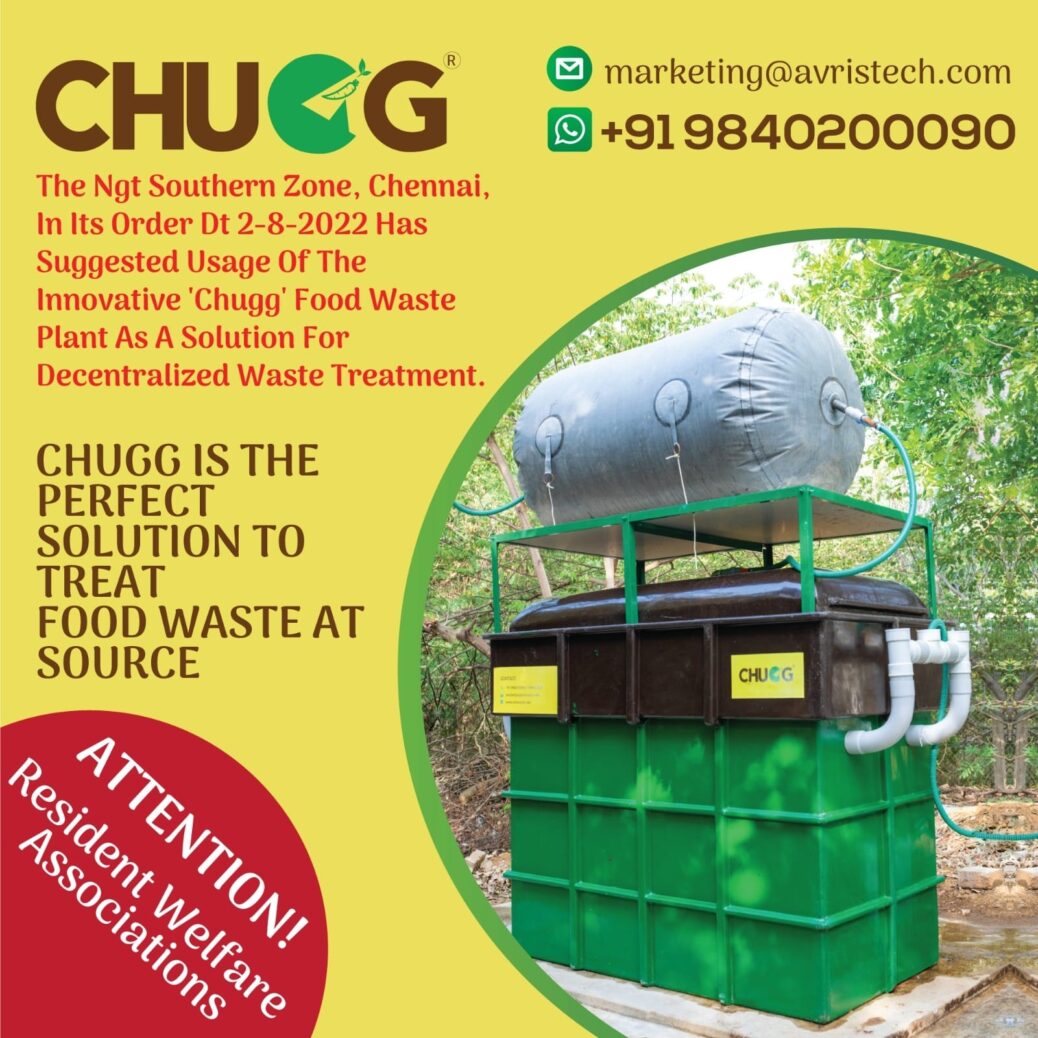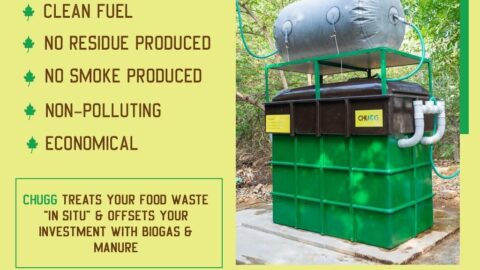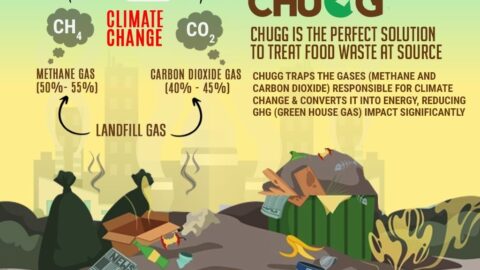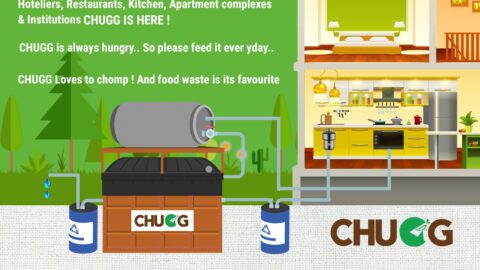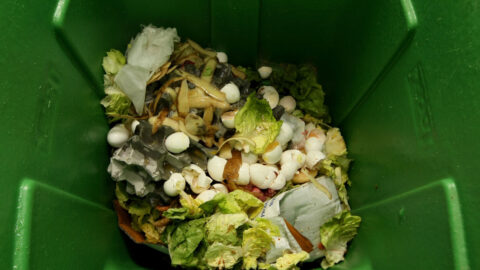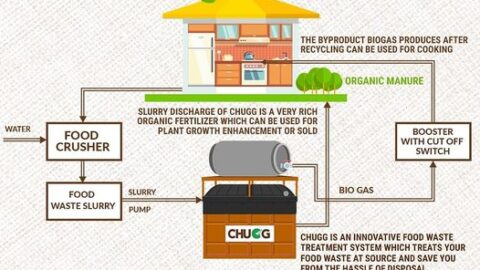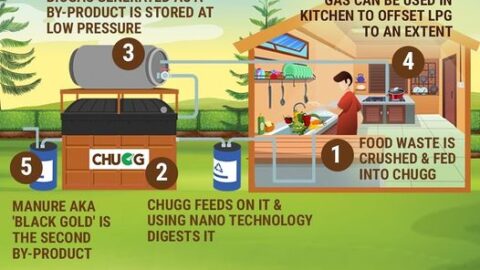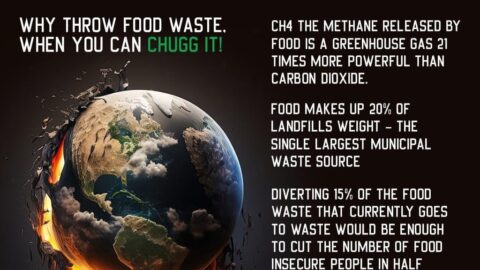Introduction
In recent years, waste management has become a pressing global issue. As the amount of waste generated continues to increase, traditional centralized waste management systems are facing significant challenges in terms of logistics, cost, and environmental impact. To address these issues, decentralized waste management systems have gained traction as an innovative and effective solution. Among these solutions, the CHUGG Food Waste Treatment Plant stands out as an exceptional answer to decentralized waste management. This article will delve into the reasons why the CHUGG Food Waste Treatment Plant is the ideal solution for managing waste in a decentralized manner.
The Need for Decentralized Waste Management
Traditional waste management systems rely on centralized facilities that collect, process, and dispose of waste from multiple sources. However, these centralized systems come with several challenges. First, the transportation of waste from various locations to a central facility is logistically complex and can be costly. Second, the carbon emissions associated with long-distance transportation contribute to environmental pollution. Lastly, centralization often leads to delays and inefficiencies in waste processing and disposal. Decentralized waste management offers a viable alternative by processing waste at or near the source, thereby reducing transportation costs, environmental impact, and operational challenges.
CHUGG as a solution for Decentralized waste management
CHUGG Food Waste Treatment Plant is a patented and innovative solution designed specifically to address the challenges of decentralized waste management. It is a self-contained and compact system that efficiently processes food waste generated by households, commercial establishments, and institutions. The CHUGG plant embodies the principles of sustainability, resource recovery, and environmental stewardship, making it an ideal choice for communities seeking effective waste management solutions.
How the CHUGG Plant Works ?
CHUGG is an innovative food waste treatment system in India that does something really amazing – it generates Biogas by treating food waste right at its source. This approach is known as “in-situ” treatment. By doing this, CHUGG tackles issues like greenhouse gas emissions, climate change, and also complies with municipal and solid waste management rules. Let’s explore a few ways in which CHUGG effectively reduces the emission of greenhouse gases into the atmosphere.
First, let’s talk about capturing methane. Methane (CH4) is a primary and harmful greenhouse gas. It’s an odorless, colorless, and combustible gas that is particularly potent. In fact, it’s 21 times more effective at trapping heat in the environment compared to carbon dioxide (CO2) over a 100-year period. This means that 1 ton of methane is equivalent to 21 tons of CO2. In the CHUGG system, there is a special chamber where organic waste is crushed with water before being processed. Once the waste is fed into the system, it breaks down in the absence of oxygen, releasing methane. However, the clever part is that the methane is captured inside a chamber. This process results in two valuable byproducts: Biogas and Bio-slurry. The Biogas can be used for cooking by transporting it through a pipeline to the kitchen stove-top. Additionally, the Bio-slurry produced during this process is used as an organic manure for plants. Therefore, capturing methane through anaerobic digestion in the CHUGG system is highly beneficial as it reduces greenhouse gas emissions from organic waste while providing us with renewable energy and organic fertilizer.
Another way in which CHUGG contributes to reducing greenhouse gas emissions is by producing heat. The heat generated from the Biogas plant can be used as a substitute for fossil fuels. By utilizing this heat, we can decrease our reliance on fossil fuels and, in turn, reduce deforestation. Burning fossil fuels emits a large amount of greenhouse gases into the environment. Hence, the generation of Biogas by CHUGG significantly mitigates the impact of deforestation, leading to a decrease in greenhouse gas emissions.
Furthermore, the CHUGG system produces a valuable byproduct called Bio-slurry during the anaerobic digestion process. When the mixture of food waste and water is fed into the CHUGG system, it undergoes a series of anaerobic digestion steps to produce Biogas. The residue left from this process is called Bio-slurry. Bio-slurry is a potent organic fertilizer that retains the original nutrients present in the food waste. Unlike traditional composting methods, Bio-slurry is odorless and does not attract pests. It also helps reduce weed growth by 50% and serves as an excellent soil conditioner, improving the soil’s moisture retention capacity. Farmers have found that proper utilization of Bio-slurry results in higher crop yields compared to regular fertilizer. Additionally, it provides essential nutrients that significantly boost agriculture and horticulture productivity.
In summary, CHUGG is a remarkable food waste treatment system in India that effectively reduces greenhouse gas emissions. By capturing methane, producing heat as an alternative to fossil fuels, and utilizing Bio-slurry as an organic fertilizer, CHUGG contributes to mitigating climate change and promoting sustainable waste management practices.
Benefits of the CHUGG Food Waste Treatment Plant
The CHUGG Food Waste Treatment Plant offers a wide range of benefits, making it an optimal solution for decentralized waste management:
Environmental Sustainability: By processing food waste locally, CHUGG plants reduce the need for long-distance transportation, resulting in lower carbon emissions and reduced environmental impact. Additionally, the plant produces renewable energy in the form of biogas, contributing to a greener future.
Resource Recovery: The CHUGG plant extracts valuable resources from food waste, such as biogas and nutrient-rich fertilizers. Biogas can be used for electricity generation or as a fuel for heating and cooking, while the fertilizers derived from the plant can enhance agricultural practices and reduce reliance on chemical fertilizers.
Odor Control: Odor control is a common concern with waste management facilities. CHUGG plants incorporate advanced odor control systems, ensuring minimal to no nuisance to the surrounding areas, thus addressing this issue effectively.
CHUGG’s Environmental Impact
The CHUGG Food Waste Treatment Plant plays a crucial role in mitigating environmental challenges associated with waste management:
Reduced Methane Emissions: Food waste in landfills generates methane, a potent greenhouse gas. By diverting organic waste from landfills and processing it in CHUGG plants, methane emissions can be significantly reduced, contributing to climate change mitigation.
Water Conservation: The CHUGG plant employs water recycling systems, minimizing water consumption during the treatment process. This feature makes CHUGG plants environmentally friendly and sustainable by conserving water resources.
The Economic Viability of CHUGG Plants
Apart from their environmental benefits, CHUGG Food Waste Treatment Plants offer economic advantages:
Cost Savings: Decentralized waste management reduces transportation costs and reliance on landfill facilities. By implementing CHUGG plants, communities can save money on waste disposal while generating revenue from the sale of by-products such as biogas and fertilizers.
Job Creation: The establishment and operation of CHUGG plants create employment opportunities, contributing to local economic development and job growth.
CHUGG’s Role in Promoting Sustainable Practices
CHUGG Food Waste Treatment Plants enable communities to actively participate in promoting sustainable practices:
Educational Outreach: CHUGG plants can serve as educational centers, raising awareness about waste management and sustainable living practices among community members. Educational programs and workshops can be organized to educate the public about the importance of waste reduction, recycling, and composting.
Behavioral Change: By making waste management more visible and tangible, CHUGG plants encourage behavioral change. Individuals and organizations become more conscious of their waste generation and are motivated to reduce it through better practices and habits.
Overcoming Challenges in Implementation
The implementation of decentralized waste management systems, including CHUGG plants, may face certain challenges:
Regulatory Support: Governments need to create policies and regulations that support the adoption of decentralized waste management solutions. Streamlined permitting processes and financial incentives can facilitate the widespread implementation of CHUGG plants.
Public Perception: Educating the public about the benefits and safety measures of CHUGG plants is crucial for their acceptance and successful implementation. Public outreach campaigns and community engagement can help overcome any resistance or misconceptions.
The Future of CHUGG Food Waste Treatment Plants
As the world recognizes the urgency of sustainable waste management, the future looks promising for CHUGG Food Waste Treatment Plants. Ongoing research and development efforts aim to further optimize the technology, improve efficiency, and expand the range of by-products generated. The continued adoption of decentralized waste management solutions like CHUGG plants will play a vital role in building a greener and more sustainable future.
Conclusion
The CHUGG Food Waste Treatment Plant offers a compelling solution to the challenges of decentralized waste management. By efficiently processing food waste at or near the source, CHUGG plants promote environmental sustainability, resource recovery, and economic viability. With the ability to reduce methane emissions, conserve water, and create local job opportunities, CHUGG plants are poised to revolutionize waste management practices

